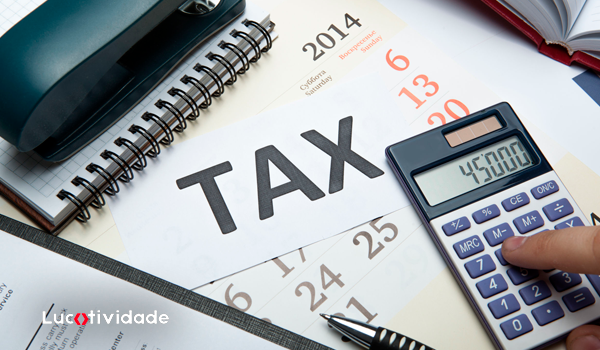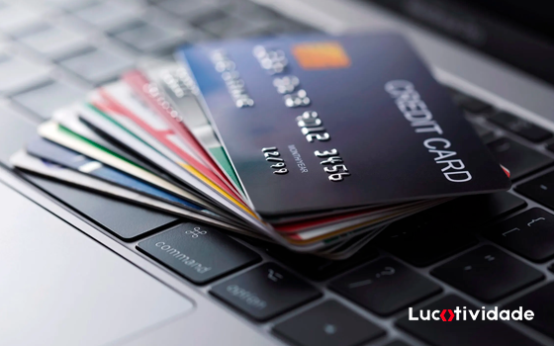This guide highlights the most important deductions and offers tips to help you stay organized and compliant. Whether you’re just starting as a freelancer or already an experienced entrepreneur, these insights can make a big difference to your financial health.
Top Tax Deductions for the Self-Employed: Boost Your Savings
If you work for yourself, there are several tax breaks designed to ease your financial burden and support your business growth. One of the most significant is the home office deduction, which lets you claim a portion of your housing costs—like rent, utilities, and upkeep—when you use part of your home exclusively for business purposes. You can opt for a simplified method based on square footage or calculate actual expenses if you maintain detailed records.
Health insurance premiums are another major deduction. Self-employed individuals paying for their own policies—and often their family’s coverage—can deduct these premiums, directly lowering their taxable income.
Other allowable deductions include business-related expenses such as office supplies, phone and internet bills, travel costs, professional training, and marketing efforts. Meticulously tracking receipts and expenses ensures you don’t miss out on valuable tax savings.
Don’t forget about the self-employment tax adjustment. Since freelancers must pay both the employer and employee portions of Social Security and Medicare taxes, the IRS allows you to deduct half of this amount, reducing your taxable income.
Lastly, contributions to retirement accounts like a SEP IRA or solo 401(k) can both cut your current tax bill and strengthen your future financial security. Strategic planning around these deductions can help minimize tax stress and improve cash flow throughout the year.
Tax Breaks Every Freelancer Should Know About
Freelancers can benefit from many of the same deductions, provided they stay organized.
- Home Office Expenses: Deduct a percentage of household costs proportional to the space you use for work.
- Work Equipment & Tools: Purchases like laptops, software, and office supplies are all deductible—just remember to keep receipts.
- Travel for Business: Flights, accommodation, car rentals, and meals during work trips can be claimed, as long as they’re properly documented.
- Professional Services: Fees paid to accountants, consultants, or lawyers directly tied to your business qualify as deductible expenses.
- Advertising Costs: From website hosting and design to paid ads and printed marketing materials, these are all considered business expenses.
- Health Insurance: Freelancers paying out-of-pocket for coverage can deduct their premiums, reducing their taxable income.
Smart Financial Organization to Maximize Deductions
To take full advantage of tax deductions, you need a system for tracking your finances. Start by sorting your expenses into clear categories like utilities, office costs, and travel. Use accounting software or apps to make this process smoother and more reliable.
Keeping detailed records—including receipts, invoices, and statements—is crucial. Consider setting up a separate business bank account to clearly separate personal and business transactions, which simplifies expense tracking and reporting.
Review your financials regularly to spot potential savings and monitor cash flow. Staying informed about tax law updates ensures you won’t miss out on new deductions or get caught off guard by regulatory changes.
With good organization and awareness of your options, you can reduce your tax burden and focus more on growing your business.


 Professions of Tomorrow: Discover Leading Roles and In-Demand Fields to Stay Ahead <p class='sec-title' style='line-height: normal; font-weight: normal;font-size: 16px !important; text-align: left;margin-top: 8px;margin-bottom: 0px !important;'>Careers on the horizon are being reshaped at breakneck speed by breakthroughs in technology and evolving societal needs. Continuous innovation and cultural shifts are fueling demand for specialized roles that didn’t exist just a few years ago.</p>
Professions of Tomorrow: Discover Leading Roles and In-Demand Fields to Stay Ahead <p class='sec-title' style='line-height: normal; font-weight: normal;font-size: 16px !important; text-align: left;margin-top: 8px;margin-bottom: 0px !important;'>Careers on the horizon are being reshaped at breakneck speed by breakthroughs in technology and evolving societal needs. Continuous innovation and cultural shifts are fueling demand for specialized roles that didn’t exist just a few years ago.</p>  How to Get a Business Credit Card: Quick and Effective Guide <p class='sec-title' style='line-height: normal; font-weight: normal;font-size: 16px !important; text-align: left;margin-top: 8px;margin-bottom: 0px !important;'>Are you looking to simplify your business expenses with a credit card?</p>
How to Get a Business Credit Card: Quick and Effective Guide <p class='sec-title' style='line-height: normal; font-weight: normal;font-size: 16px !important; text-align: left;margin-top: 8px;margin-bottom: 0px !important;'>Are you looking to simplify your business expenses with a credit card?</p>  Top Apps to Teach Kids Money Management and Responsibility <p class='sec-title' style='line-height: normal; font-weight: normal;font-size: 16px !important; text-align: left;margin-top: 8px;margin-bottom: 0px !important;'>Help your children build healthy financial habits and embrace responsibility with innovative pocket money and chore apps that turn learning into a fun, interactive experience.</p>
Top Apps to Teach Kids Money Management and Responsibility <p class='sec-title' style='line-height: normal; font-weight: normal;font-size: 16px !important; text-align: left;margin-top: 8px;margin-bottom: 0px !important;'>Help your children build healthy financial habits and embrace responsibility with innovative pocket money and chore apps that turn learning into a fun, interactive experience.</p>